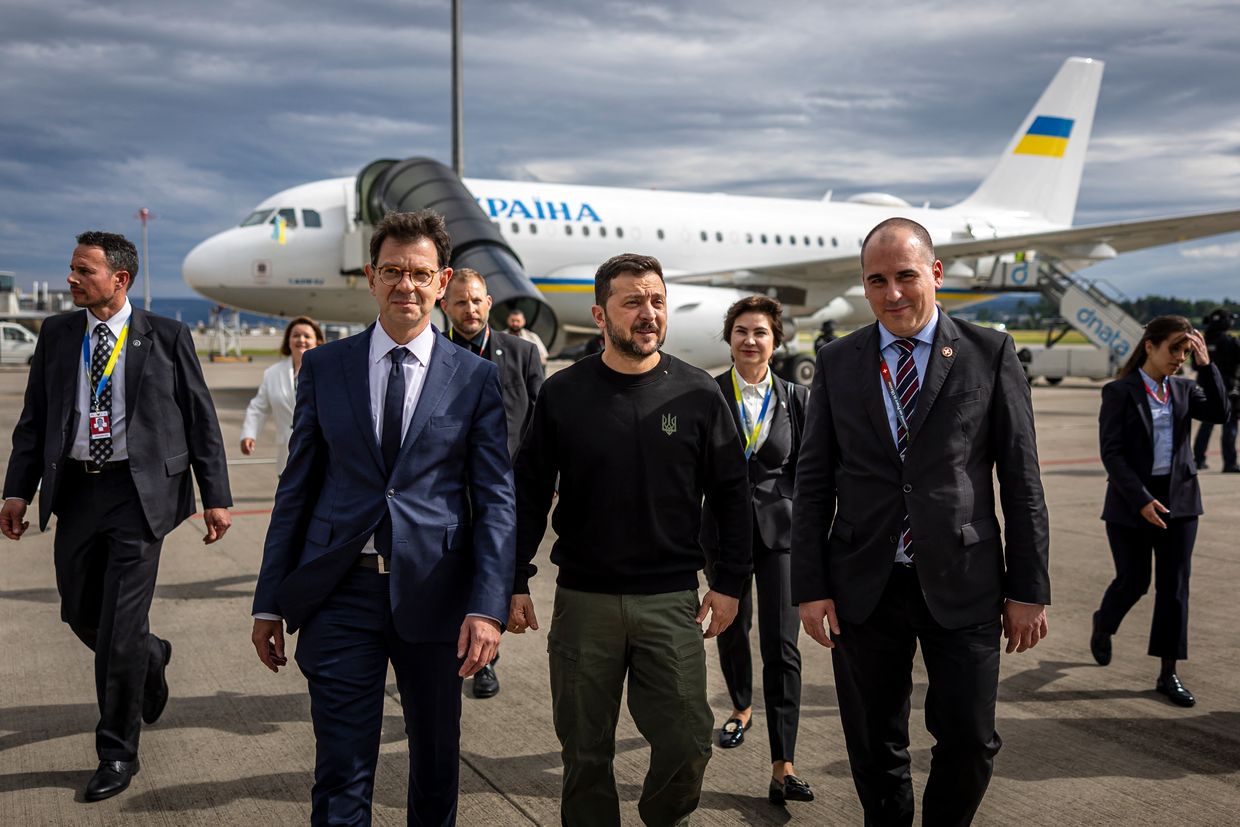Kuleba to visit China on July 23-25 for first time since full-scale war's start

Ukraine's Foreign Minister Dmytro Kuleba will visit China on July 23 for a three-day visit, marking his first trip to the country since the outbreak of the full-scale war, the Ukrainian Foreign Ministry announced on July 22.
During the visit, Kyiv's chief diplomat and his Chinese counterpart Wang Yi will discuss Russia's ongoing war against Ukraine, China's role in achieving just and stable peace, and Ukrainian-Chinese relations, the ministry noted.
Kuleba and Wang previously met in February at the Munich Security Conference in Germany.
China has positioned itself as neutral in the Russia-Ukraine war but has simultaneously deepened economic ties with Moscow and backed the country against Western sanctions. It has also shaped up to be Russia's leading source of dual-use goods that feed the Russian defense industry.
Kyiv has repeatedly appealed to China to use its sway over Moscow to help bring an end to the war, but these efforts have been largely unsuccessful as the East Asian country snubbed the June global peace summit in Switzerland.
President Volodymyr Zelensky blasted China over supposedly trying to sabotage the summit efforts, drawing rebuke from Beijing.
China proposed its own alternative peace plan, which would include a conference recognized by both Kyiv and Moscow. Ukraine's Ambassador to Singapore, Kateryna Zelenko, said in June that her country would consider attending if the talks are based on the principles of the "U.N. Charter and international law."











